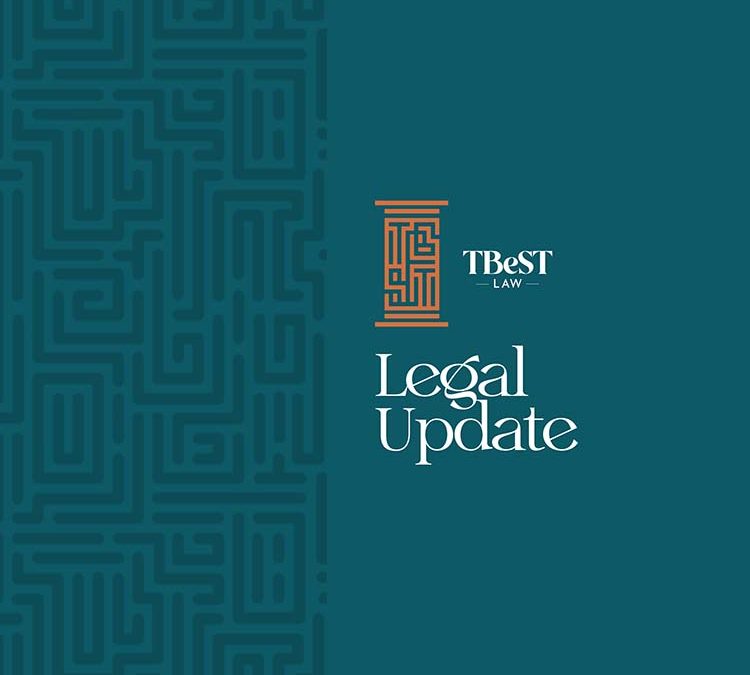Stamp Duties or Stamps of Evidence?
Dr. Taddese Lencho
The new Books of Accounts Directive (“Directive No. 176/2014,” in Amharic) appears to be a backhanded attempt to revive and enforce the little known Stamp duty law, issued back in 1998, particularly the stamp duties payable on employment contracts, and all contracts, agreements and memoranda. It conditions burden of proof to obtain tax benefits (e.g., tax deductions) upon payment of the double amount of stamp duties for admission of stamp-able documents for other tax purposes.
Here are a few problems with this form of backhanded enforcement:
– it’s likely to be effective only against a tiny group of taxpayers that are a subject of federal tax audits and therefore in its effect discriminatory;
– it throws under a rug the long years of neglect of tax enforcement of stamp duties by the tax authorities themselves. Except for those acts and written agreements for which stamp duties are concurrently enforceable as a result of a special requirement of registration and/or title transfers (e.g., stamp duties on transfer of immovable property), the tax authorities seldom included stamp duties in their suite of comprehensive tax audits and tax assessments. Stamp duties have been known in Ethiopia for close to eight decades, and the one in force now has been there for more than two decades. How come stamp duties are suddenly mentioned now as conditions for admissibility of documents for tax benefits, particularly the questionable requirement of stamp duties on written employment contracts?
– this kind of enforcement throws audited taxpayers into the arms of tax auditors, the unscrupulous some of whom might use this conditionality, in Adam Smith’s expression, to “extort, by the terror of such aggravation, some present or perquisite” to themselves.
– the Constitutional tenor of the Stamp Duty Proclamation of 1998 (issued less than three years after the ratification of the Federal Constitution) itself is doubtful. The sweeping scope of the Stamp Duty law of 1998 (covering, for example, all contracts, agreements, memoranda) is probably an anachronism of the unitary and imperial past of Ethiopia, as opposed to Ethiopia’s recent federal dispensation, not to speak of the digitalized world of our own. Some of these stamp duties should frankly attract the attention of tax historians or archeologists only. There is no reason why the Federal Government should collect, for example, stamp duty (1% of the salary of an employee) from every employment contract signed in the country, any more than the Regional Governments or even both layers of the federation should. Incidentally, the Regional Governments have an exact replica of the Federal Stamp duty laws.
My zero centime worth of recommendation: revise the Stamp Duty laws (narrow their scope to the absolute minimum of those documents that require government assurance) and work on robust enforcement of stamp duties upon their adoption.
The only thing worse than heavy taxation is selective, discriminatory taxation. And, for those who believe that stamps improve the validity, enforceability or clarity of contracts, they do not. Contracts are valid, enforceable and clear when they are well-written and well-agreed.


